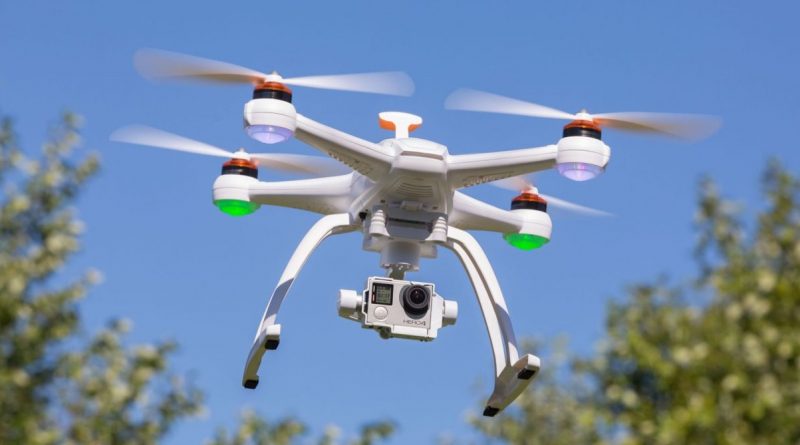ATCOs’ Branch Supports DfT Drone Proposals
The Department for Transport today (22nd July) published it’s response to the consultation on Drones and their operation in UK airspace which can be found here. The ATCOs’ Branch responded to this consultation and are pleased to see that the following will be the next steps for the Government:
- implement a registration scheme and mandatory competency tests for all users of drones weighing 250 grams and above
- bring forward work to create an authoritative source of UK airspace data, which will facilitate the implementation of geo-fencing and build greater awareness of airspace restrictions amongst drone users
- explore further measures such as increasing penalties, creating new offences and reviewing the powers available to law enforcement agencies to enforce relevant law
In addition to the report, the Government has published the outcome of safety research which examined the impact of a drone hitting the windscreen of a helicopter and airliner. The research was sponsored by the DfT, the Military Aviation Authority and BALPA. The results of this research are particularly concerning.
Brian Strutton, BALPA General Secretary, has called for the following measures:
- Compulsory registration of drones and drone users, to improve traceability, and promote adherence to existing regulations.
- Mandatory geo-fencing around airports to reduce conflict with aircraft.
- Investment in technology to allow air traffic controllers to “see” drones when a conflict with a manned aircraft is possible.
- Resourcing the police and the CAA to enforce the law and ensure safe skies.
- High-profile prosecutions to highlight the problem and make people aware that flying drones dangerously could lead to five years in prison.
- Immediate introduction of air traffic control procedures to reduce aircraft speeds to safe levels when a drone is reported as a possible threat.
The ATCOs’ Branch supports BALPA in these requests as our members are fully aware of the significant increase in drone encounters with aircraft in recent years and are extremely concerned as to the outcome of a mid-air collision between a drone and an aircraft. We echo their calls for urgent Government action given the results of the safety research that clearly shows the danger that a drone can pose to an aircraft.
To contact our Remotely Piloted Aircraft Systems (RPAS) team email [email protected].

